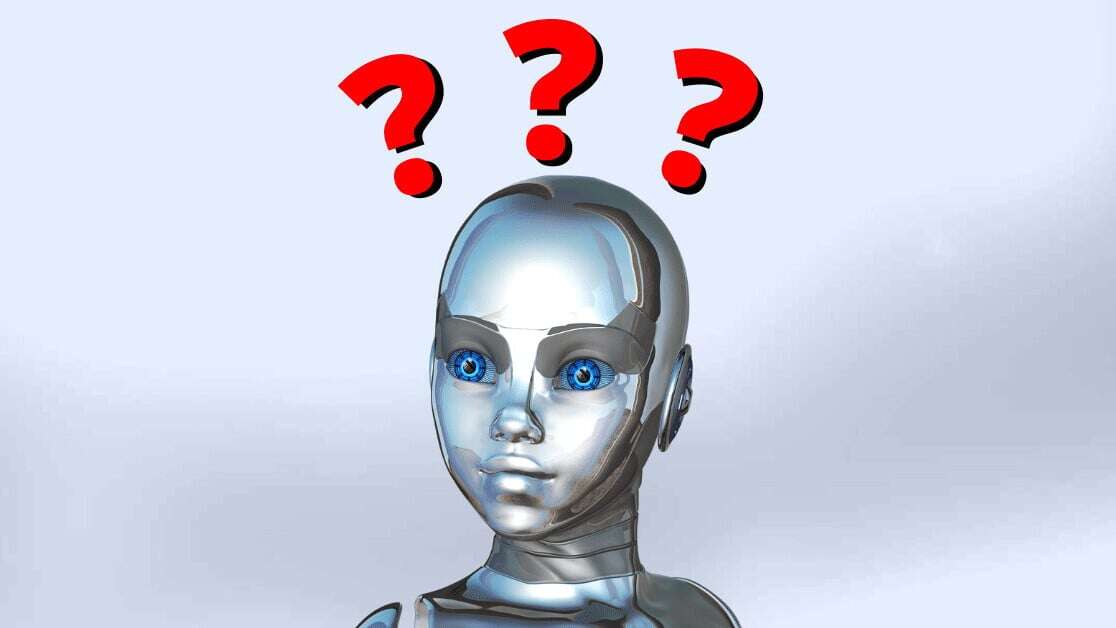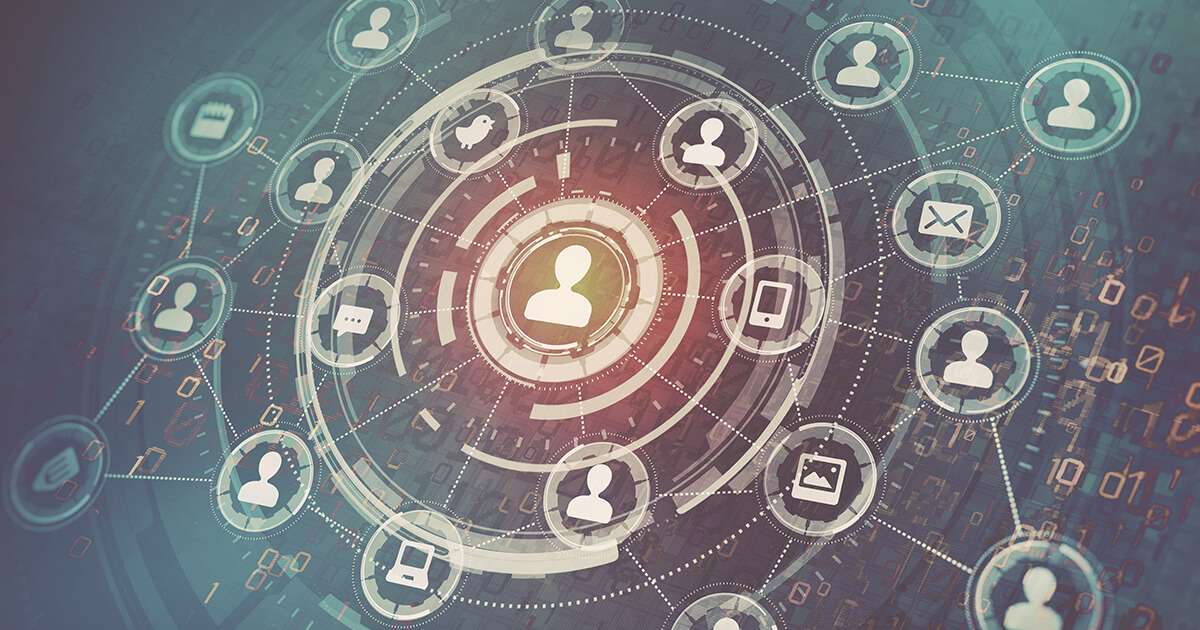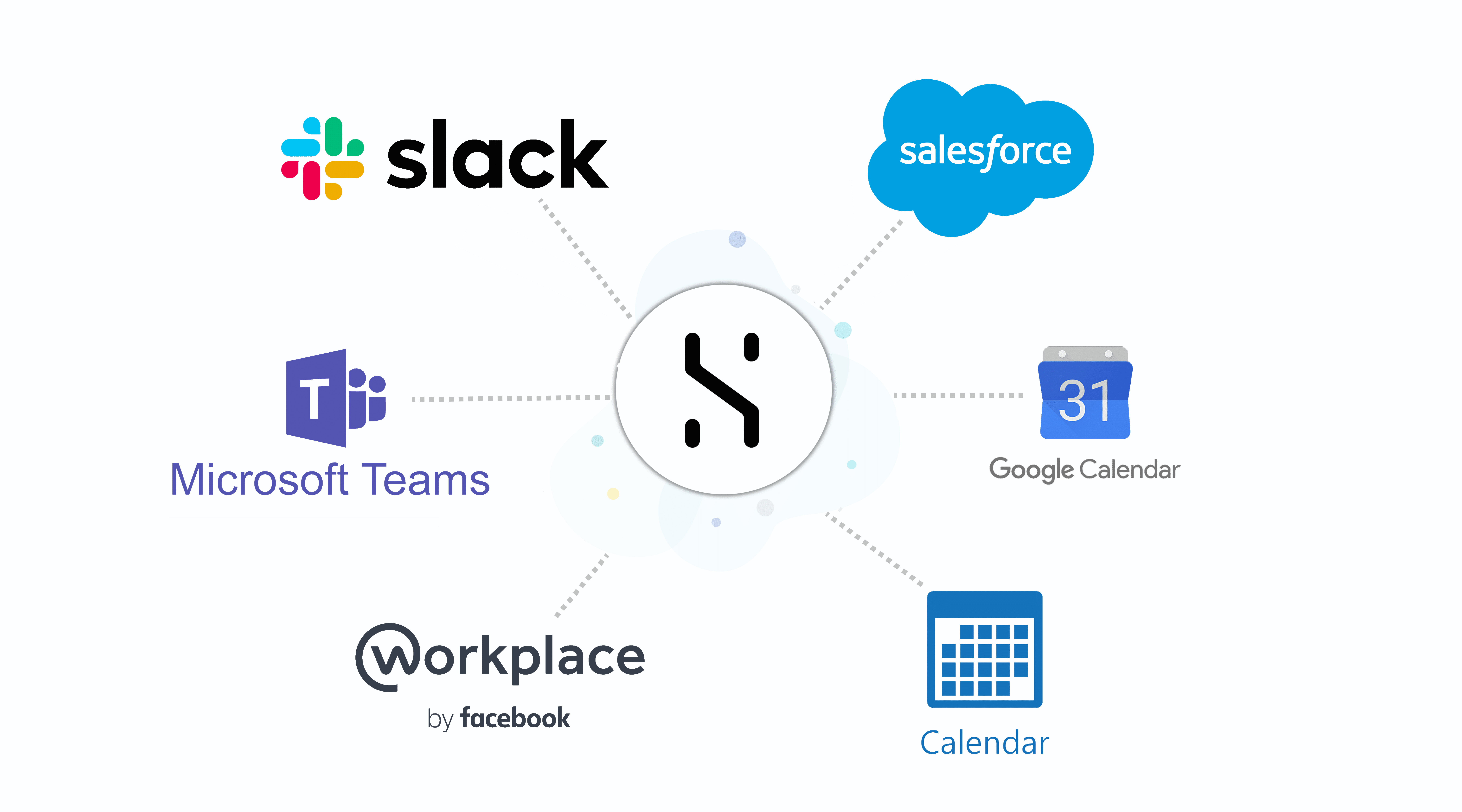Contents
Originally published in Podium. Marc Vontobel, Starmind, Founder & CTO, explains how AI can democratize human knowledge and provide instant access to subject matter experts, in this Podium article. He concludes by saying: “In 2020, those developing (or using AI) will do well to focus less on how much or how fast an algorithm can learn, and spend more time on figuring out how AI can better replicate how the brain works.”
By now, you’ve probably seen a host of industry experts and talking heads decree that this will be the year of artificial intelligence. But beyond the buzz-cycle of robotic dogs, ‘future of work’ coffee machines, and virtual assistants, where do the true advances really lie?
Today, a lot of what we see labeled ‘AI’ is actually closer to automation. Automated responses can give the impression of intelligence, but in reality they are predetermined.
This use of automation, in part, is due to the data boom. Organizations have found currency in data and have fought to fuel products with this knowledge. But the problem with a vast data set is that obsolete knowledge can be muddled with the correct, useful, information.
One of the things that makes the human brain so incredible is how it is able to rapidly re-learn and replace knowledge. It helps people process new information and make decisions more effectively.
While it may sound counter-intuitive, AI needs to learn to forget to become more intelligent.
Just like us.
AI needs to be more human — looking at neural networks
We have greater access to information than ever before, but much of it is siloed or irrelevant. The beauty of the human brain is that it can strategically filter through large data and make sense of the chaos. Outdated or unused data is eliminated, preventing generalizations and making space for new intel.
But the brain processes, retrieves, and stores knowledge very differently to a machine.
For example, a computer might process thousands of images of an animal to determine if it’s a cat or a dog. But a human can look at a cat — and understand the core principles of it — forever understanding what a cat is. True intelligence is not related to big data; it’s related to the small, but correct, data.

The key for AI to function effectively is in creating a neural network that can process and learn to strategically forget data while keeping the concepts stored, just like a human, versus overwrite all the information it has acquired.
Artificial intelligence that constantly reevaluates previously learned information in the same way the human brain does, will help AI intelligently identify the most relevant data and use that in its decision making process. This human-inspired AI can then apply insights to new situations in real time, with minimal computational power.
It works both ways — using AI can make people more intelligent
Innovation in AI has fueled concern that people’s jobs will become redundant or worse, pose an existential threat.
McKinsey estimates that AI will lift productivity and economic growth which will see people switching occupations or upgrading skills.
Yes, this means that the way people work will change but it doesn’t mean AI will replace people’s jobs. Just as AI needs human input, using AI can enhance people’s intelligence and help them gain new skills.
An easy way to demonstrate this is that a business may only have access to 20 percent of the knowledge available across an organization. The further 80 percent of knowledge could be undocumented — it’s recorded not in a Google Doc or Slack channel — but exists in an employee’s mind.
In a small company this doesn’t cause an issue as you can find an expert within your team to help solve your problem. But for businesses or communities made up of thousands of people, it can be a big productivity drain and barrier for development.
AI can help tap into this rich intelligence by autonomously connecting employees and granting access to answers, expertise and support when they need it. Human knowledge will always be paramount but AI can democratize it so all individuals have the opportunity to learn.
In 2020, those developing (or using AI) will do well to focus less on how much or how fast an algorithm can learn, and spend more time on figuring out how AI can better replicate how the brain works.
This will help pave the way for humans and technology to work together, not against each other.
Read the original article here :https://thenextweb.com/podium/2020/01/13/ais-key-to-true-intelligence-is-learning-how-to-forget/


